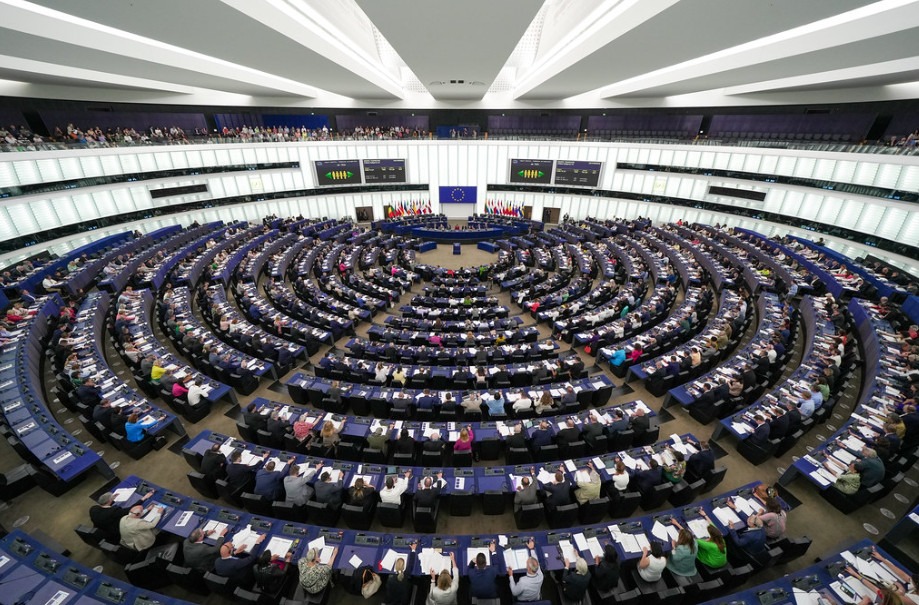EU moves closer to passing one of world’s first laws governing AI
On June 14, the European Parliament voted by a margin of 499-28 to approve new laws which seek to regulate the use of artificial intelligence (AI).
Previously, governments have done little to interfere with the development and use of AI, but EU policy makers and Members of the European Parliament (MEPs) are hoping to change this and set a global benchmark for AI regulation.
The legislation aims to take a risk-based approach to this, categorizing AI systems based on their potential to harm users. Systems which are considered to have an ‘unacceptable’ risk level will be widely banned with limited exemptions warranting their use.
Technologies within this category include systems which seek to manipulate cognitive behaviour, AI which socially scores people based on personal characteristics, and real time (remote) biometric identification systems.
Despite emphatic support for the bill within the European Parliament, reactions within the tech community have been more varied, with some concerned that the new legislation will stifle innovation
Meanwhile, creators of AI systems which pose a ‘limited’ threat (e.g AI chatbots like chat GPT) will be forced to be more transparent about how they are developing and training their AI, so users can make informed decisions surrounding potential risks.
Irish MEP Deidre Clune described the act as a “ground breaking piece of legislation” which in her view could become “the de facto global approach to regulating AI”.
European Parliament President Roberta Metsola commented that “a new age of scrutiny has begun”.
Despite emphatic support for the bill within the European Parliament, reactions within the tech community have been more varied, with some concerned that the new legislation will stifle innovation.
The Vice President for Ecosystem and Community at cybersecurity company Venafi, Kevin Bocek, said: “The bloc’s requirements for transparency, certification and safety don’t align with how software and cloud providers innovate at present.”
In spite of criticism, the EU hopes to pass the law by the end of the year, with the legislation set to come into force by 2026 at the earliest.

Comments